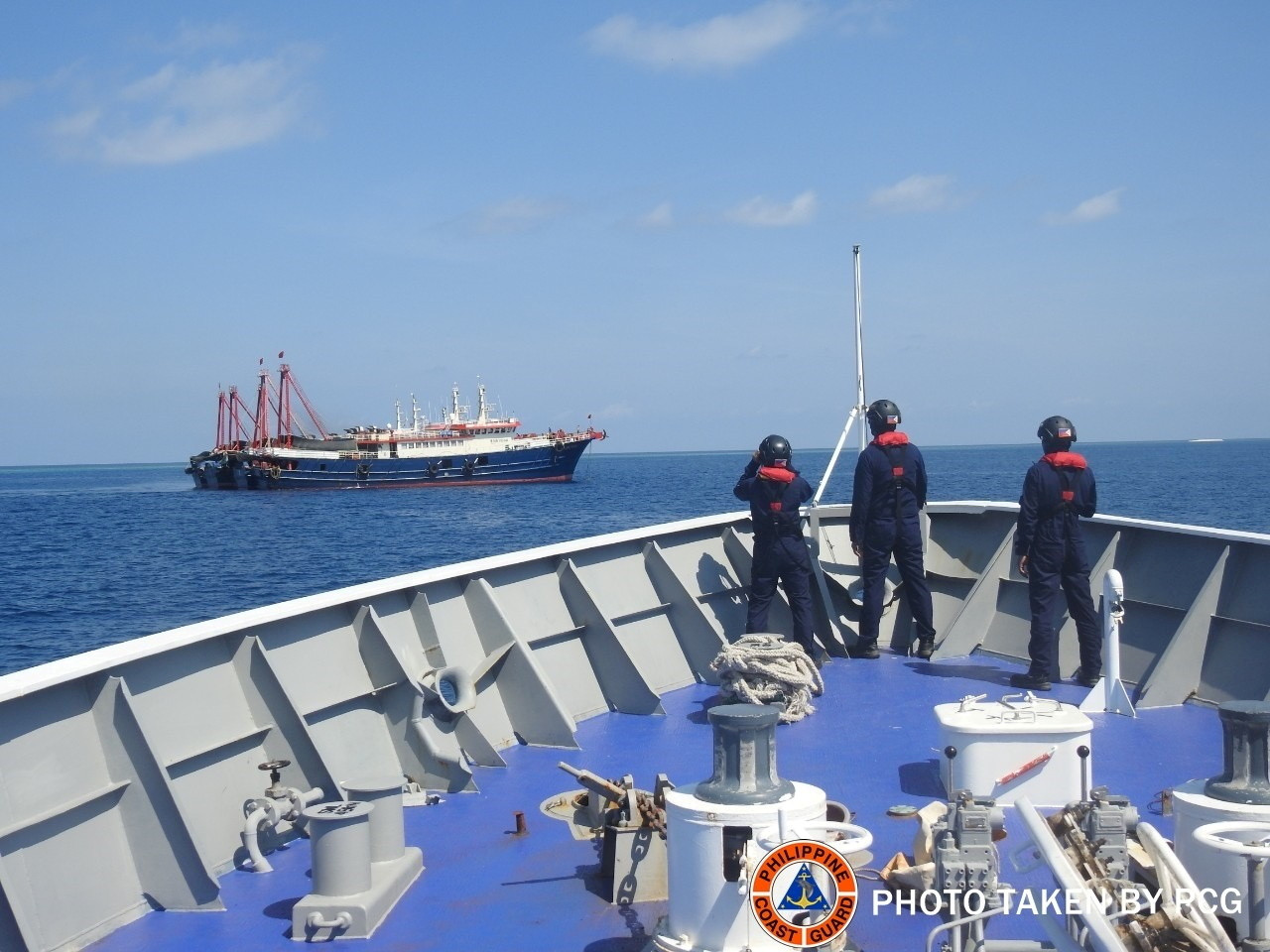Popular Reads
Top Results
Can't find what you're looking for?
View all search resultsPopular Reads
Top Results
Can't find what you're looking for?
View all search resultsIndonesia calls for ASEAN unity in defense sector
Change text size
Gift Premium Articles
to Anyone
I
ndonesia called for unity among member states at the ASEAN Defense Ministerial Meeting (ADMM) this week, as growing great power rivalries overshadowed the region.
Hosted by Brunei second defense minister Awang Halbi, ASEAN defense ministers met virtually on Tuesday and Wednesday for the ADMM as well as the ADMM+, which is a forum involving their counterparts from ASEAN dialogue partners, Australia, China, India, Japan, New Zealand, South Korea, Russia and the United States.
Indonesia raised the need to reinforce the ASEAN Outlook on the Indo-Pacific from the defense perspective in order to reaffirm the group’s position in maintaining peace and security in the Indo-Pacific region.
"It is very important for ASEAN to view this region as a unified whole, and not to allow a bigger power to potentially divide ASEAN," Defense Minister Prabowo Subianto said in the ADMM on Tuesday, according to a statement published by his ministry.
The Indo-Pacific concept is a strategic reimagining of the Asia-Pacific region that is interpreted differently by different countries and interests, but many interpretations were directed toward the growing rivalries between China and the US.
Earlier this week, leaders of the North Atlantic Treaty Organization (NATO), a military alliance led by the US, adopted a tougher line against China, saying that its military ambition posed "systemic challenges" to their alliance.
In the Indo-Pacific region, the US worked with Japan, Australia and India in forming the Quadrilateral Security Dialogue, where they called for “a free, open and inclusive order” in the Indo-Pacific region.
Read also: US lays on charm, highlights Indo-Pacific shared values during RI leg of SEA tour
However, geographically located close to China, ASEAN member states, some of whom share borders with the country, have sought to distance themselves from the more antagonizing rhetoric offered by the US and its allies by adopting the ASEAN Outlook on the Indo-Pacific in 2019.
On Tuesday, the 10 defense ministers of ASEAN met with their Chinese counterpart Wei Fenghe in the ASEAN-China defense ministers informal meeting, where they discussed security cooperation and conflict management in the South China Sea.
Prabowo said dialogue and consultation with mutual trust and confidence could solve all problems in the region, including the South China Sea issue, as ASEAN and China are set to continue the negotiation on the Code of Conduct in the South China Sea next month after being delayed over COVID-19 restrictions.
Read also: ASEAN, China to resume South China Sea COC talk in July
Many Southeast Asian countries, including Vietnam, the Philippines, Brunei and Malaysia, are locked in territorial disputes in the South China Sea. China has made sweeping, and from many perspectives illegal, claims to nearly 90 percent of the sea. While not itself a claimant, Indonesia has had its share of skirmishes with China near the former's exclusive economic zone in the North Natuna Sea.
“The ASEAN-China Strategic Think Tank Forum, the ASEAN-China Young Officers Exchange and the ASEAN-China Maritime Exercise are some of the areas of cooperation that have yielded benefits for confidence-building measures and capacity building of ASEAN and China in the defense sector,” Prabowo said.
Meanwhile, China’s Wei said the relevant parties should build consensus, manage differences and advance cooperation to jointly uphold peace and stability in the South China Sea, according to a statement from his office.
In the Tuesday ADMM, the 10 ASEAN ministers agreed on the adoption of eight new and revised concept and discussion papers, including a concept paper on the group's ministerial-level hotline to help defuse regional tensions, together with one standard operating procedure, according to media reports.
Jakarta-based Centre for Strategic and International Studies (CSIS) senior researcher Evan Laksmana said in terms of defense regionalism, there was still overlap between various ASEAN-led mechanisms, especially ADMM+, the ASEAN Regional Forum and the East Asia Summit (EAS), where countries could discuss various strategic issues.
“The issue is whether or not we have resources or strategy to move from dialogue to practical cooperation such as joint exercises or defense industrial collaboration,” he said, adding that ASEAN mechanisms put more emphasis on the process, by making various agendas and working groups.
"There is a solid foundation in terms of process, but in terms of shaping strategic outcomes together and working on practical defense cooperation together, it's still off to a slow start," he said.
Furthermore, he said ADMM or ADMM+ could not run ahead of the ASEAN summits or the EAS when talking about great power politics, adding to the urgency to further institutionalize the EAS and making it the premiere strategic forum to discuss it.
"Institutionalizing the EAS will later pave the way for those under it including ministerial meetings and defense ministerial meetings," he said.









